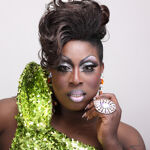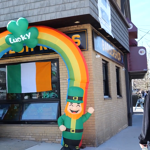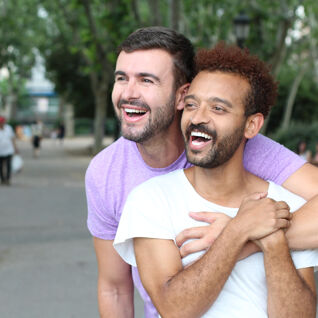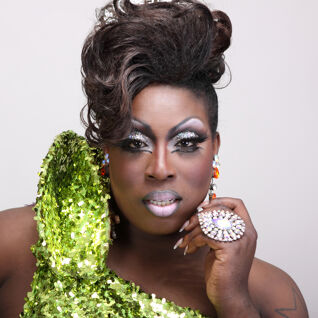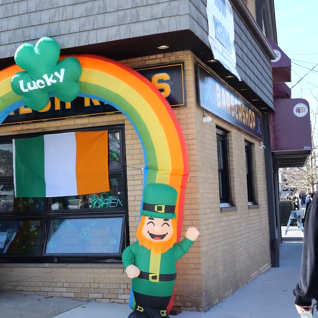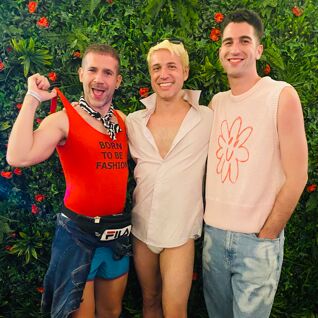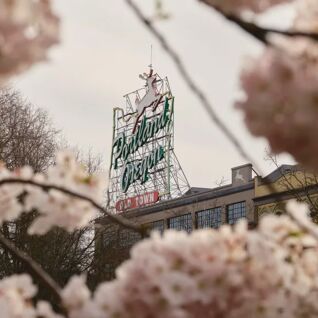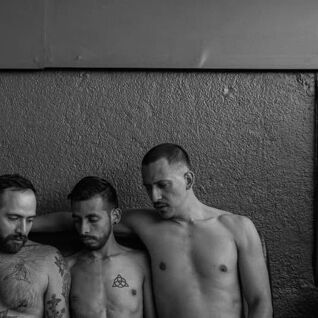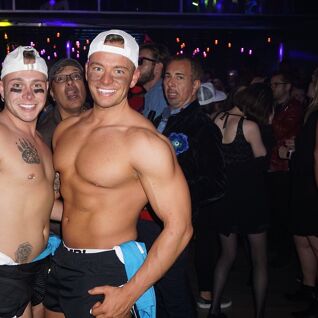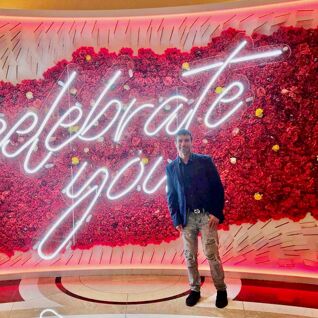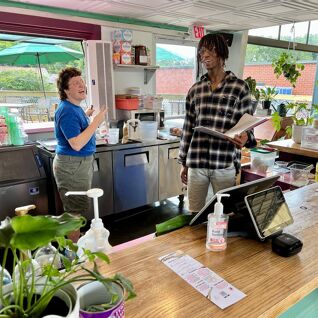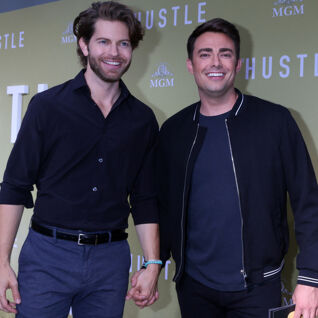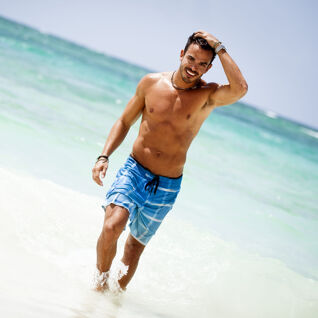Broadway theater is synonymous with New York City. Broadway also injects millions of dollars into New York’s local and state economy and is the sole source of income for many performing artists.
The discipline required of performers to consistently deliver pitch perfect performances eight times a week requires a skill set that rivals any professional athlete, except with unequal pay, of course. In recent weeks, pay has completely disappeared.

Correy West, an actor in the Broadway production “Ain’t Too Proud,“ and a COVID-19 survivor, says he first noticed symptoms in March that lasted through April.
“It was extremely intense, but I was lucky enough to be able to combat it at home. I never needed to go to the hospital,” said West.
After the Broadway shutdown, West says he and his castmates “were lucky to get paid for a few extra weeks.”
“The day before Broadway closed its doors, sports industries started announcing their season cancellations. We were all pretty sure we were next, so it wasn’t a huge surprise,” recalled West. “Honestly, I felt relieved. Of course, I want to be performing and doing what I love to do, but I also want to be healthy and to work in a safe environment.”

It’s a sentiment that fellow “Ain’t Too Proud” castmate James Harkness, echoed.
“My initial two reactions were—great! It’s the smartest thing to do. We don’t really know what this[virus] is and if people can just get sick by breathing on each other,” said Harkness. “The smartest thing to do is to shut it all down, take care of not only the people that work in this industry but also the people that come to support us,” he added.
The unanticipated break offered a chance for performers to rest and recharge from their grueling weekly performance and rehearsal schedule, but it also introduced a new type of career uncertainty.
L Morgan Lee, an actress in the Pulitzer Prize-winning musical “A Strange Loop,” her first professional credit after coming out as trans, says she was in rehearsals for new projects when the pandemic hit. The projects were postponed or canceled, but she is choosing to focus on the positive.
“In many ways, as actors, we are never certain about anything. I can’t spend any emotional energy on things that are out of my control,” said Lee. “I’m more concerned about the reopening of our lives and a return to some kind of normalcy, than when theaters will open again. Because it’s an industry that depends on large groups, it [theaters] will happen last,” she added.

“The life of an artist, especially actors, dancers, singers,—you go from job to job to job. In between those times, you have no idea what’s coming, so you’re constantly preparing yourself for the unknown,” said Harkness.
“This is a bigger unknown, but nonetheless in some ways still the same.”
Tapping into available resources
The Actors Fund, a national organization dedicated to helping performing arts and entertainment professionals navigate life in the arts, is proving to be a critical resource for performers during the pandemic.
Christopher Bloodworth, National Director of The Actors Fund Career Center, is on the front lines and is working to make sure performers have the financial assistance and emotional support they need.
“We have provided more than 10 million dollars in support so far to individuals that are directly impacted by COVID-19,” said Bloodworth. “And we are raising money from all of the arts and entertainment unions, and from a lot of the major players and stakeholders in the community. Netflix has given us some money, the app Tik Tok—because of their use of dance and music have donated money.”
Bloodworth also says that his office, pre- and post-pandemic, is laser-focused on helping performers “piece together multiple streams of income in order to sustain themselves during times when they’re not working in their primary discipline.”

A reality that actress Brandi Massey understands from experience in her roles as actress, mom, and waitress at one of New York City’s busiest diners. Massey was scheduled to appear in a production of “Kiss Me Kate” at Chicago‘s Marquee Theater when social distancing orders went into effect, postponing the show’s run and severing income that she’d counted on to help support her family. In addition to waitressing (when it becomes an option again), Massey says she will file for unemployment.
“I work at Ellen‘s Stardust Diner, which is in the heart of Times Square. I’m used to waitressing 8 to 9 hours a shift on average four days a week,” said Massey.
“I’ve been very blessed. Every time I go to file for unemployment it goes through. I hear horror stories from friends who can’t get through who have families of three or more, which is stressful,” she adds.
Massey is not alone. Both West and Lee have also filed for unemployment.
“I lucked out because it all went through very quickly online. Fortunately, I’d worked enough that there were funds available to collect,” said Lee.

West says that he plans “to continue to collect unemployment until Broadway shows return.”
Harkness, who says he’s had to dip into his savings, says he’s “doing ok right now.”
“Thinking ahead, though, I’m going to have to do those things that other people are doing: navigating the unemployment situation, starting to teach classes online and things of that nature,” says Harkness.
And maintaining their health coverage is also a concern. It is challenging for performers who haven’t worked enough in the past year to maintain coverage.
“That will be the next wave,” says Bloodworth.
“My department is really looking at how to help people land right side up. We’re also looking at the health care factor. Specifically, how people in the industry who have lost their jobs and healthcare because they’re not necessarily paying into the union,” he added.
The Actors Fund has created an online portal on its website for performers directly impacted by COVID-19 to apply for financial assistance.
“It’s a blessing to know that they [The Actors Fund] are there to help you find assistance in the event that you need it,” said Lee.

Channeling the pandemic into art
According to observations by Bloodworth, he expects the industry to operate in what he describes as “an unfamiliar way until 2021” as it works to recover from the devastating impact COVID-19 has had on New York City’s entertainment industry.
All of the performers agree, that despite the disruption of their financial stream and a major outlet for artistic expression, with all theaters in the dark, it also presents an opportunity for self-reflection, rest and bursts of new creativity that will inform their future work as actors and the choices they make on stage and off.
“That’s the beautiful thing about acting; life is an incredible training ground,” said Lee.
“Yes, you can be in class or on film or stage, but the day-to-day teaches you priceless lessons. This pandemic has really put what’s important in focus and that is to appreciate life and to not take it for granted.”
West agrees, urging us all to embrace the new world that we are now inhabiting.
“The creativity that we are seeing through this difficult time indicates a lot of new opportunities for us to take advantage of in the future. I think it’s going to be a new and exciting time not only for the United States but for the world.”
The article first appeared in LIVING OUT LOUD 2.0: UNAPOLOGETICALLY BLACK & SAME GENDER LOVING


